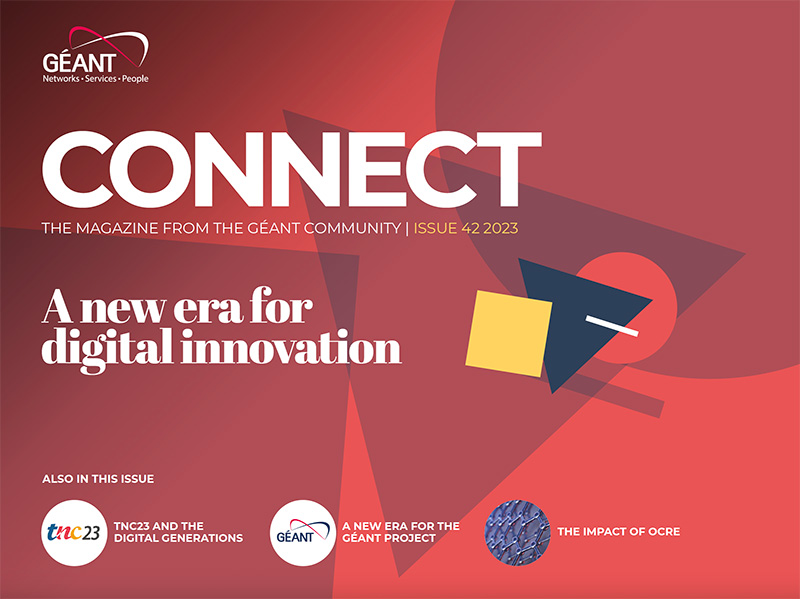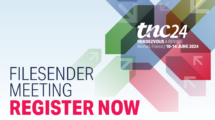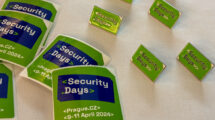On 15 February, SURF published the SURF Tech Trends 2023 report with the most important technology trends for education and research in the Netherlands. The report is intended for everyone working in education and research. It contains technologies such as advanced computing, artificial intelligence (AI), edge, extended reality (XR), networking and quantum and elaborates on several trends for each technology.
With this, SURF starts a long-term collaboration with members and technical experts on technological developments. The report provides inspiration and helps to understand the trends and put observations in perspective.
Impact and public values
For each trend, the report shows the level of development, which forces influence it, and gives examples of applications for education and/or research. Moreover, it describes what impact the trend is most likely to have. The trends have also been tested against public values such as inclusiveness, freedom of education, accessibility, safety, reliability, self-determination and the professional autonomy of teachers, researchers, and institutions.
Artificial Intelligence and Edge
One of the technologies for which the trend report elaborates several trends is AI. For instance, federated learning is an application example of the trend ‘New Ways to Access Data’, and the trend ‘Towards trustworthy AI’ includes the development of ethical guidelines as an example, alongside the creation of algorithm registries. The impact of the trend ‘More accessible computers and models’ gives low code/no code as an application example and mentions that the impact of the trend contributes to the values of freedom and accessibility of education and research.
For Edge technology, the report elaborates on the trend Digital Twins, among others, where digital models are fed real-time reality. One application is the training and simulation of energy systems, which would be too costly or dangerous in the physical world. The impact for research is mainly cost reduction, and for education it offers opportunities for metaversities: universities having a digital twin in the metaverse.
Robotic Automation is a second trend the report elaborates on, with robots-as-a-service being an example of disruptive effects on the future of work. Although the trend is still at an early stage, the report indicates that both in education and research, people will have to learn to collaborate with robots.
Futuring
The SURF trend report is part of the future-looking activities of the SURF cooperative, which drive innovation and feed it into plans for the future. By participating in joint initiatives, with the members in their role as research institutes and SURF in its role as knowledge provider.
Go to surf.nl/en/techtrends

Read or download the full magazine here







